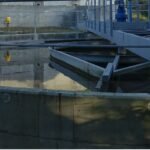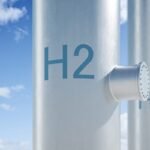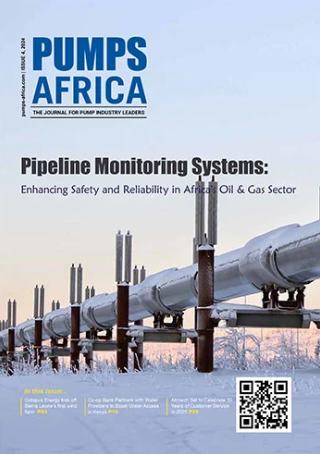AfDB has ear-marked Kenya, Ghana, Zambia and Sierra Leone to kick-start the African Urban Sanitation Investment Initiative (AUSII) project this year.
The four countries out of five, are the first likely beneficiaries of the African Development Bank-funded project that seeks to improve access to clean water by the urban poor.
The project, co-funded by the AfDB and the Bill and Melinda Gates Foundation, is set to be rolled out for the first time this year with an initial grant of US $6 million.
The project aims to fund business innovations that seek to provide “robust, affordable, financially and environmentally sustainable inclusive sanitation services for urban dwellers with a focus on the urban poor”.
“The target is to select five countries primarily based on their readiness for a smooth rollout of AUSII operational plans,” said the AfDB.
The project aims to enable local firms with innovative solutions to help the urban poor access clean water get financing to scale up their operations.
This comes at a time when millions of urban dwellers, especially major cities in Africa, struggle to access clean water.
The population surge in these cities in recent years has placed great strain on their water infrastructure, which has failed to keep up with increased demand for water.
Africans living in urban areas rely mostly on municipal water supply and in some cities like Nairobi, private water vendors who supply the commodity through bowsers and containers.
However, lack of clean water disproportionately affects the urban poor, most of whom live in informal settlements that are not connected to piped water.
For example, according to the Water Services Regulatory Board of Kenya, only 62 percent of Kenya’s population live in areas where they can access water.
The country’s Water Service Providers also non-revenue water lose of about 45 percent due to leakages, which bleeds them of about US $70 million in revenue annually.
As a result, these entities continue to struggle financially which inhibits their capacity to provide reliable clean water.







